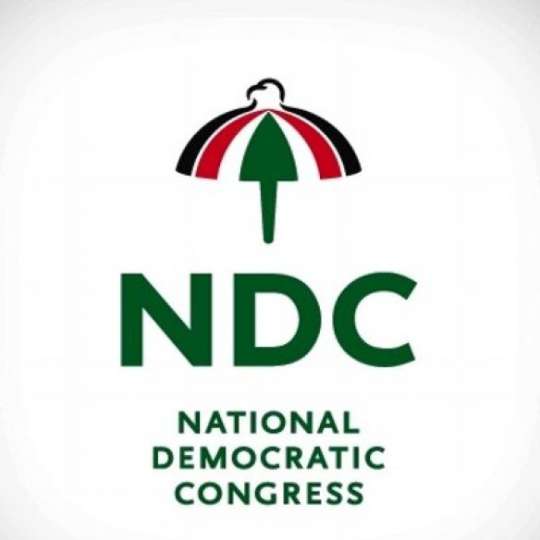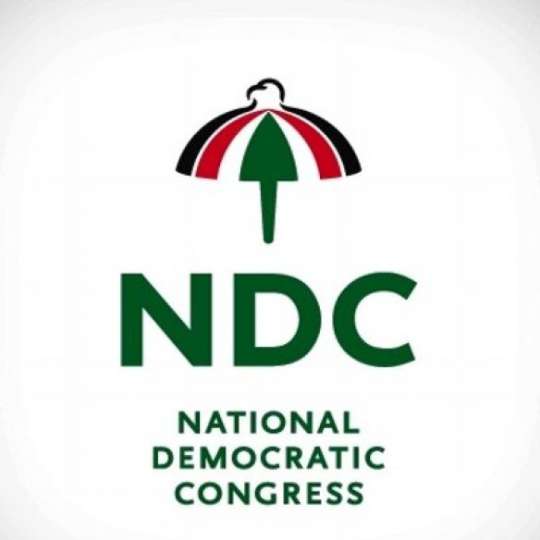
The Ashanti Region has been considered impenetrable territory for the National Democratic Congress. But the 2024 elections delivered evidence that the political landscape in Ghana’s traditional NPP stronghold is shifting in ways that could reshape national electoral calculations.
The NDC secured over 34 percent of presidential votes in Ashanti Region during the 2024 elections, marking the first time since the Rawlings era that the party has garnered more than 30 percent of valid votes cast in the region. Beyond the presidential numbers, the party also secured parliamentary seats in constituencies where it had previously struggled to gain a foothold, reflecting growing trust and acceptance among voters.
It’s a significant breakthrough for a party that has long been written off in a region where NPP dominance seemed permanent. The question now is whether this represents a temporary surge or the beginning of sustained political realignment.
A key factor behind this progress has been the NDC’s focus on connecting with everyday needs. The party has actively engaged communities, traders, market women, and youth, listening closely to their concerns rather than simply broadcasting campaign messages. In a region where commerce drives livelihoods, this approach has resonated.
Campaign messages centered on real issues like cost of living, business growth, and job opportunities, making them relatable to ordinary citizens who’ve felt economic pressures intensifying. When voters face difficult choices about feeding families or keeping businesses afloat, abstract party loyalty becomes less compelling than concrete promises about economic stability.
The NDC has positioned itself as ready to deliver practical solutions. Promises to strengthen local trade, support small businesses, and create stable economic conditions have struck a chord with residents whose prosperity depends on functioning markets and accessible credit. By presenting clear, people-focused policies, the party has steadily built a stronger base of support.
Another factor is growing youth involvement. Many first-time voters and youth groups are finding voice within the NDC, drawn by its message of inclusiveness and efforts to involve them in decision-making. This has energized the party’s grassroots presence and created renewed momentum in what was once NPP-saturated territory.
The generational dimension matters because younger voters in Ashanti Region don’t necessarily carry the same historical party attachments as their parents. They’re evaluating options based on current economic realities rather than inherited political identities, making them more persuadable regardless of regional voting traditions.
What makes the NDC’s progress particularly noteworthy is that it occurred despite the NPP’s historical advantages in organization, resources, and cultural identification with Ashanti Region. Breaking through in such entrenched territory requires more than good messaging. It demands genuine grassroots work and ability to address concerns that matter most to voters.
The NDC improved performance in eight out of 47 constituencies in the Ashanti Region during the 2024 general elections, winning 697,076 votes. While still significantly behind the NPP’s total, the trajectory suggests sustained growth rather than a one-time spike.
The implications extend beyond Ashanti Region itself. If the NDC can consistently secure 30 to 35 percent of votes in what has been the NPP’s most reliable base, the mathematics of national elections change substantially. The NPP can no longer assume overwhelming Ashanti margins will offset losses elsewhere.
Whether this momentum continues depends on several factors. Can the NDC deliver on promises if given power? Will the party maintain grassroots engagement between elections? And critically, will younger voters who’ve shown willingness to consider alternatives actually turn out consistently?
For now, the NDC’s progress in Ashanti Region stands as evidence that even Ghana’s most entrenched political strongholds aren’t immune to changing voter preferences when parties successfully address real concerns with credible solutions. The formerly impenetrable fortress is showing cracks, and both major parties are taking notice.
The journey is still unfolding, but the 2024 results suggest that competitive politics in Ashanti Region is no longer theoretical. Through active engagement, relatable policies, and inclusion of young people, the NDC is carving out stronger presence in territory once considered completely out of reach. Whether this becomes sustained political realignment or proves temporary will be one of the most important questions shaping Ghana’s electoral future.
